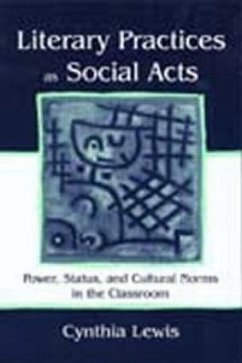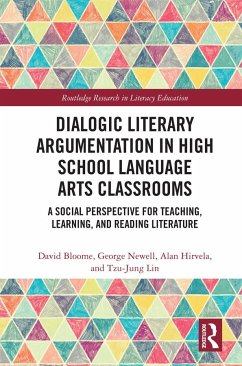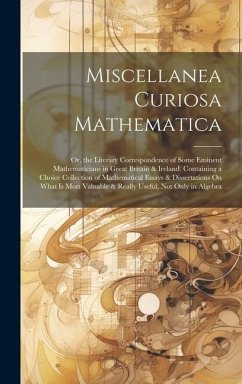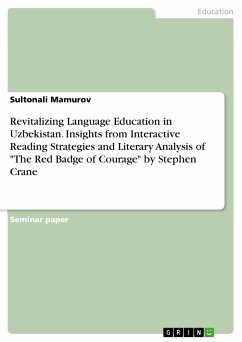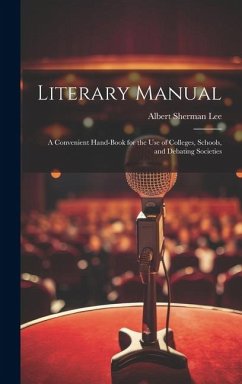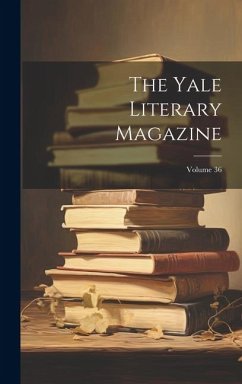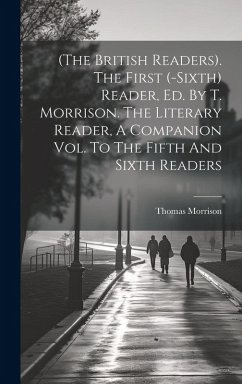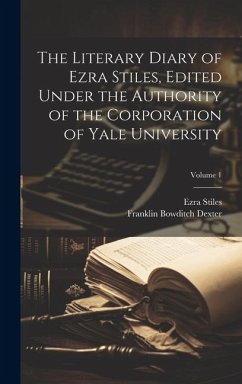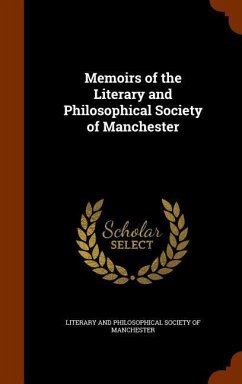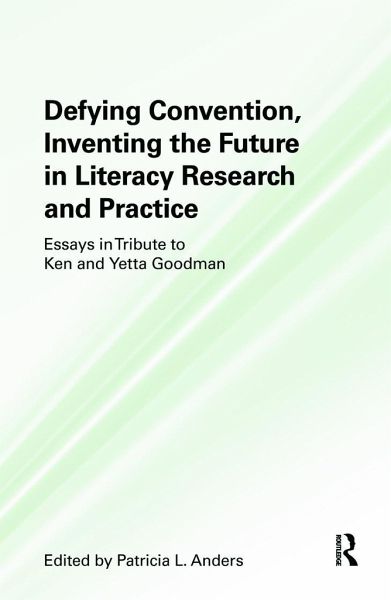
Defying Convention, Inventing the Future in Literary Research and Practice
Versandkostenfrei!
Versandfertig in 1-2 Wochen
204,99 €
inkl. MwSt.

PAYBACK Punkte
102 °P sammeln!
Ken and Yetta Goodman are renowned and revered worldwide for their pioneering, influential work in the field of reading/literacy education. In this volume major literacy scholars from around the world pay tribute to their work and offer glimpses of what the future of literacy research and practice might be. The book is structured around several themes related to research, practice, and theories of reading and literacy processes that characterize the Goodmans' scholarship. Each chapter reveals how the author's scholarship connects to one or both of the Goodmans' work and projects that connectio...
Ken and Yetta Goodman are renowned and revered worldwide for their pioneering, influential work in the field of reading/literacy education. In this volume major literacy scholars from around the world pay tribute to their work and offer glimpses of what the future of literacy research and practice might be. The book is structured around several themes related to research, practice, and theories of reading and literacy processes that characterize the Goodmans' scholarship. Each chapter reveals how the author's scholarship connects to one or both of the Goodmans' work and projects that connection to the future - what are the implications for future research, theory, practice, and/or assessment? This milestone volume marking the hugely significant work of the Goodmans will be welcomed across the field of literacy education.




